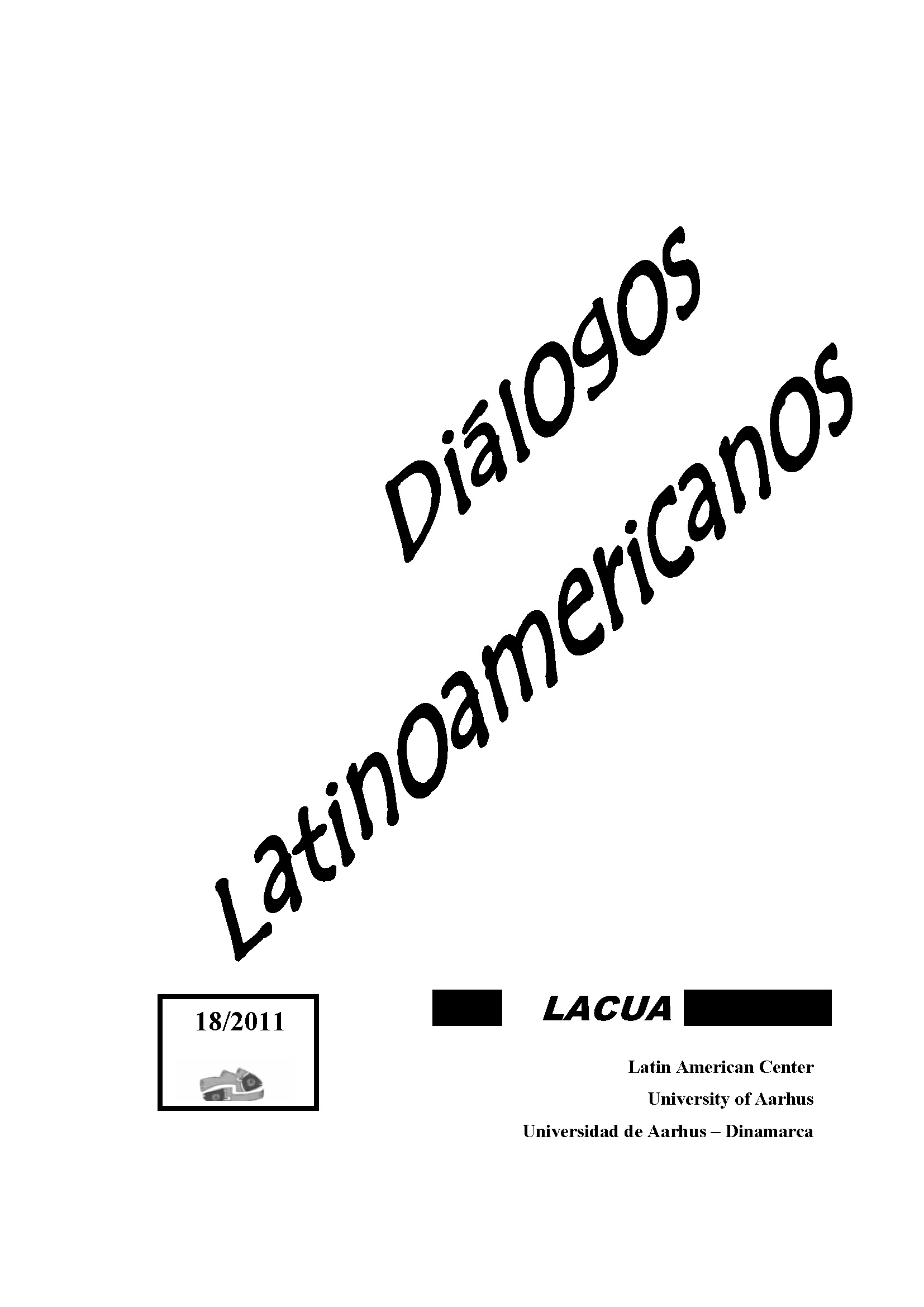Patrimonialismo, Democracia direta e Neopopulismo na América Latina
DOI:
https://doi.org/10.7146/dl.v12i18.113434Keywords:
Populism, Patriarcalism, NeopopulismAbstract
The phenomenon of populism is expanding, not only in Latin America but also around the rest of the world. The uncertainties generated by the globalization of the labor market in developed countries, including the market economy of nations until recently dependent on totalitarian regimes (as in Eastern Europe); the wave of democratic regimes in Latin America emerged in the last twenty years and they failed to respond satisfactorily to the challenges of developing their societies; the liberal reforms introduced in the economies of sub-developed countries over the past decades, in the light of the "Washington Consensus" (reforms which, although reduced inflation in general, does not have the expected results of the field of productivity) still suffocated by nationalism and traditions of familiarity in the management of public affairs; the democratization sui generis (with a strong presence of traditional and charismatic leadership), in countries of the Islamic World (Syria, Libya, Iran); the entry of African nations in the postcolonial period (during the second half of last century) in the way of regularization of democratic life (in a way still strongly marked by tribalism), the deceleration of the U.S. economy and the brakes that this phenomenon is producing in other economies, particularly on the American continent; these are some of the variables that have contributed to the rise of populism, which may be considered as a kind of disease that affects the democracies in a time of crisis. Such wide phenomena deserve to be studied in detail. This text will not focus on the characterization of Populism in its various manifestations throughout the twentieth century. The focus will be on the phenomenon of the neo-populism that normally occurs in society today. It is, therefore, a current phenomenon that is limited to the last two decades of the previous century and it includes, of course, the first years of the 21st century. I intend in this article, to develop two aspects: I) the concept of neo-populism II) how this phenomenon affects the democratic life of South America, today and in the near future
References
Estado, o patrimonialismo selvagem e a nova classe de intelectuais e burocratas. São Paulo: Queiroz, 1988. Quijano, Aníbal. “Colonialidad del poder, globalización y democracia”. In: DEP – Diplomacia, Estratégia, Política. Brasília, no. 6 (abril / junho 2007): p. 133-181. Rivarola, Milda. “Paraguay – Estado patrimonial y clientelismo”. In: DEP – Diplomacia, Estratégia, Política. Brasília, no. 6 (abril / junho 2007): p. 110-132. Schwartzman, Simon. Coesão social, democracia e corrupção. São Paulo: Instituto Fernando Henrique Cardoso – CEPLAN, 2007. Stoll David. Rigoberta Menchú and the story of all poor Guatemalans. Boulder – Colorado; Oxford: Westview Press, 1999. Taguieff, Pierre-André. L´Illusion populiste – Essai sur les démagogies de l´âge démocratique. 2ª. Edição. Paris: Flammarion, 2007. Tocqueville, Alexis de. Oeuvres II. (Edição sob a coordenação de André Jardin, com a colaboração de Jean-Claude Lamberti e James T. Schleifer). Paris: Gallimard, 1992, Bibliothèque de La Pléiade. Uribe Vélez, Alvaro. “Colombia – Retos hasta 2010”. In: DEP – Diplomacia, Estratégia, Política. Brasília, no. 6 (abril / junho 2007): p. 76-90. Vargas Llosa, Álvaro. “Populismo e Ditadura” (entrevista). In: Banco de Idéias, Rio de Janeiro, vol. 11, no. 39 (junho-agosto 2007): p. 17-23. Vargas Llosa, Mario. La utopía arcaica – José Maria Arguedas y las ficciones del indigenismo. México: Fondo de Cultura Econômica, 1996. Vásquez-Rial, Horacio. La izquierda reaccionaria – Síndrome y mitologia. 2ª. Edição. Barcelona: Edições B, 2003. Vélez-Rodríguez, Ricardo. A análise do Patrimonialismo na Literatura Latino-Americana – O Estado gerido como bem familiar. Rio de Janeiro: Documenta Histórica / Instituto Liberal, 2008. Vélez-Rodríguez, Ricardo. Movimento dos Sem-terra – Questões estratégicas. Juiz de Fora: Portal Defesa, 2005.
[In: http://www.defesa.ufjf.br/fts/MST.pdf]. Vélez-Rodríguez, Ricardo. “O marxismo gramsciano, pano de fundo
ideológico da reforma educacional petista”. Ibérica – Revista Interdisciplinar de Estudos Ibéricos e Ibero-Americanos. Juiz de Fora, vol. I, no. 1 (setembro / novembro 2006a): p. 71-99. [In: http://www.estudosibericos.com/arquivo/iberica1.pdf]. Vélez-Rodríguez, Ricardo. Patrimonialismo e a realidade latino-americana. Rio de Janeiro: Documenta Histórica, 2006b. Viola, Eduardo; LEIS, Héctor Ricardo. Sistema internacional com hegemonia das economias de mercado – Desafios do Brasil e Argentina. Florianópolis: Insular, 2007. Weber, Max. Economia y sociedad – Esbozo de sociologia comprensiva.2ª. Edição em espanhol. (Edição preparada por Johannes Winckelmann; nota preliminar de José Media Echavaría; tradução de José Medina Echavarría, Juan Roura Parella, Eduardo García Máynez, Eugenio Ímaz e José Ferrater Mora). México: Fondo de Cultura Econômica, 1977, 2 volumes. Weffort, Francisco. “Le populisme dans la politique brésilienne”. In: Les Temps Modernes. Paris, no. 257 (out. 1967): p. 624-649.
Downloads
Published
How to Cite
Issue
Section
License
Counting from volume 31 (2022), articles published in Diálogos Latinoamericanos are licensed under CC-BY 4.0. Read more about the license terms here https://creativecommons.org/licenses/by/4.0/.
No Creative Commons license applied on volumes 1-30. All rights reserved by the authors. Readers may download, read, and link to the articles, but they cannot republish the articles.
With the publication of volume 31 (2022), authors retain the full copyright to their articles and give Diálogos Latinoamericanos the right to the first publication. Authors also retain copyright to earlier versions of manuscripts, such as the submitted (pre-print) and the accepted manuscript (post-print).
Copyright to articles published in volumes 1-30 is held by the authors.





